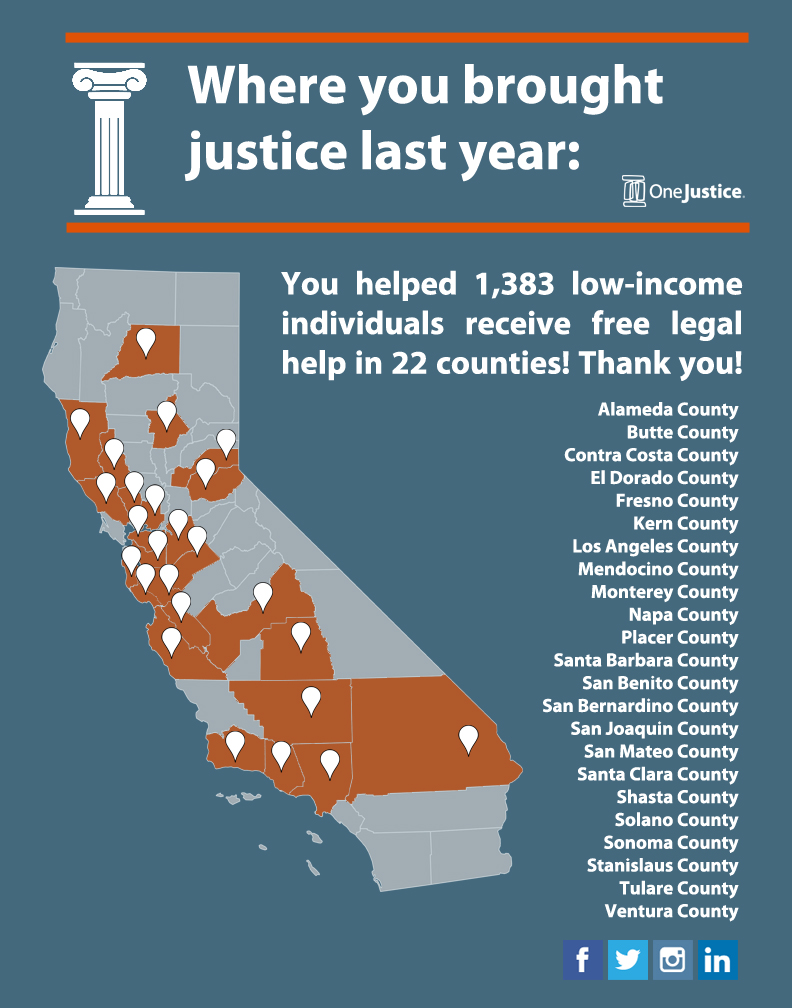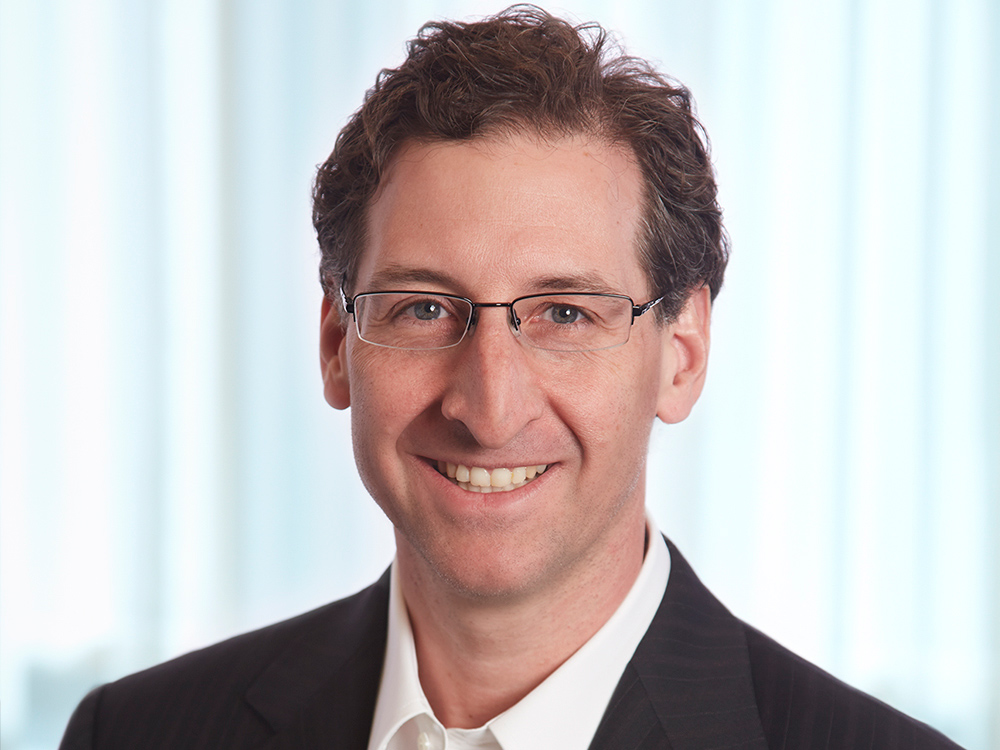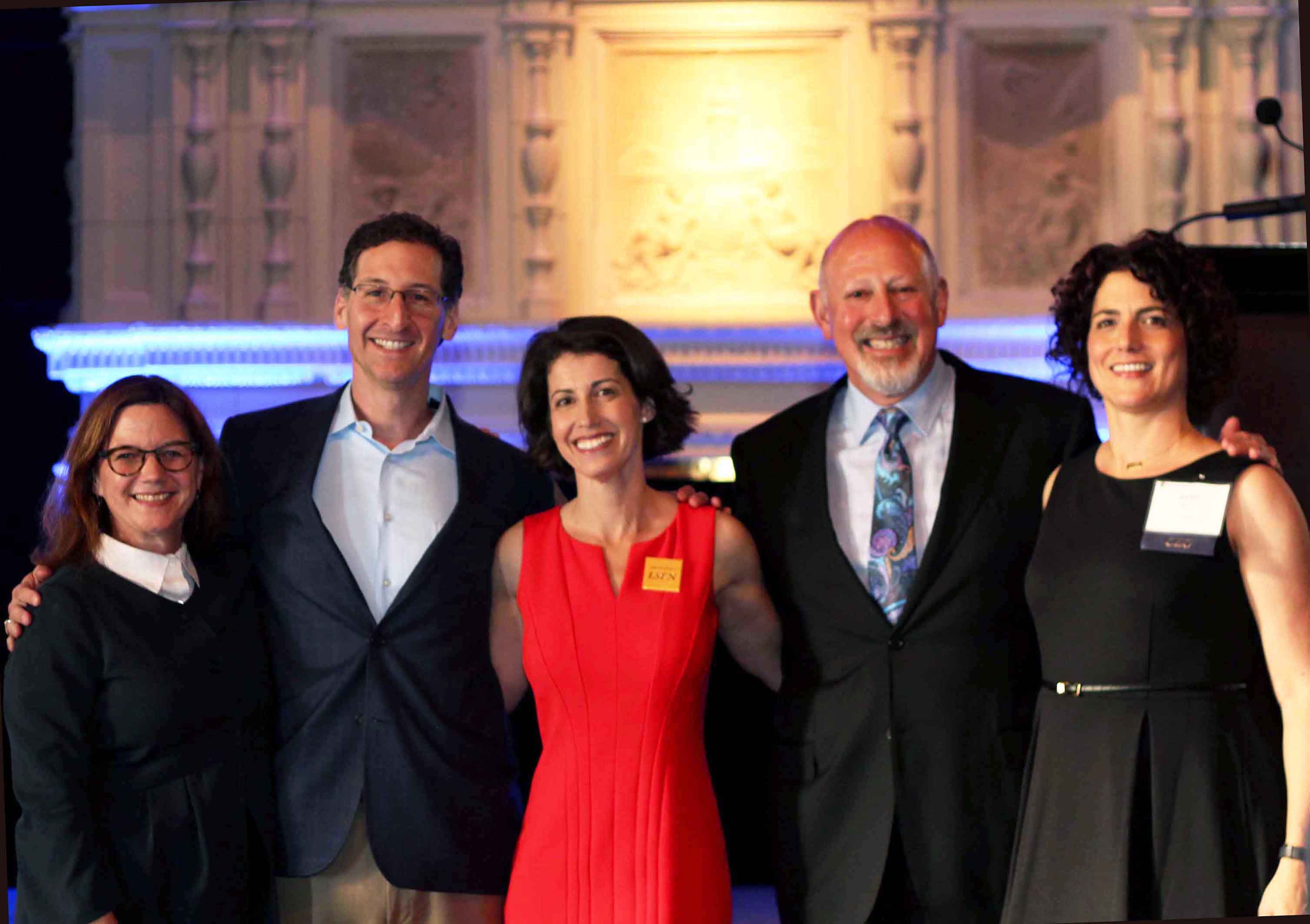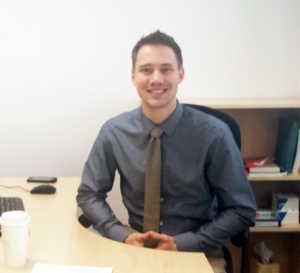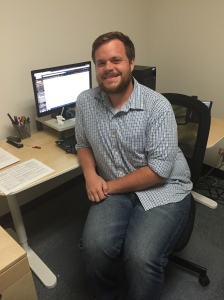OneJustice’s newly appointed Board Chair Jennifer Chaloemtiarana tells us about her work in providing a helping hand to fellow Californians.
This week, we’re honored to introduce you to our recently appointed Chair of our Board of Directors, Jennifer Chaloemtiarana! She currently leads the legal function of Castlight Health as its General Counsel and Chief Compliance Officer, and has served on our Board of Directors for over 5 years. Thanks to our Board’s guidance, the OneJustice network is able to continue bringing help, hope, and justice to Californians in need.
We asked Jennifer to share with us a little bit about her new role and why equal access to justice is so important to her. Please join us in welcoming Jennifer!
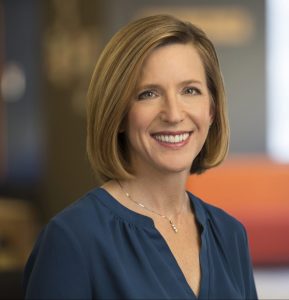
Jennifer Chaloemtiarana, OneJustice Board of Directors Chair.
Welcome, Jennifer! Tell us about how you became involved with OneJustice? What is your role as the new Board Chair?
I have always been involved in social service in some manner, including full time summer jobs in nonprofits serving low-income individuals all throughout college and then significant levels of volunteering as I entered the workforce. As a lawyer, I kept this connection through active pro bono work supported by the law firm I worked for. When I went in-house, pro bono work became harder to incorporate into my work life. I had become familiar with the work that OneJustice does through colleagues and friends, and the approach and business model of the organization really appealed to me. I attended several Opening Doors to Justice events before engaging with Julia Wilson, the CEO, about coming onto the Board. It was just the right fit at just the right time.
I have been so pleased to be on the Board with so many smart, motivated people. I just completed a term as a member of the Governance & Nominating Committee and then moved into the Board Chair role. At a high level, my role as chair is two-fold. One function is to lead the Board in making sure that the organization’s actions are in line with its mission and that the organization is appropriately managing the assets to which it is entrusted. Secondly, my role is to provide resources and assistance to management. Are there tools, skills, or knowledge that they might need that the Board can provide? How can the Board be an extension of staff in promoting the goals of the organization? There are a lot of sub-parts to each of those primary functions, and fortunately, OneJustice has a very engaged Board and skilled staff that make the work seem easy.
Thank you for all of your hard work and support, Jennifer! We look forward to working with you as our Board Chair! Can you now tell us why you support OneJustice?
The level of unmet need for legal resources and access to justice in the state of California is overwhelming. There is only 1 lawyer for every 351 low-income persons in the state, and only 100 legal aid organizations in California. There is just no way for all of the needed legal services to be provided. OneJustice does so many things to fill in those gaps, including linking law firms and law students to legal aid organizations which expands their reach without stretching their limited resources, providing training and tools so that the organizations can do more with less, and serving as a center for innovation and ideas to move the entire legal aid industry forward to do more, better, and faster. The unique set of strategic services that OneJustice provides really appeals to me as a business lawyer. And the “prize” is really worth going for: if we could level out the playing field for the 8 million low-income individuals in California, think about how the quality of life for our entire state would be lifted!
We couldn’t agree more! Every individual should have access to legal help. Finally, what does justice mean to you? Why is equal access to justice so important?
One of my favorite quotes comes from Cornel West: “Never forget that justice is what love looks like in public.” We have all experienced it, that moment where we put aside our own troubles, challenges, and prejudices and reached out to another person, whether friend or stranger, offering our hand for no other reason than simply being available when help was needed. To me, justice is what happens in that moment, when we recognize that we are all equally worthy of a chance to simply live a satisfied life. Legal barriers can be especially daunting and can compound other challenges that low-income individuals may be facing. Lawyers are uniquely equipped to help remove those barriers; we can pave that path to a satisfied life. It is our honor, opportunity, and responsibility to provide a helping hand to fellow Californians.
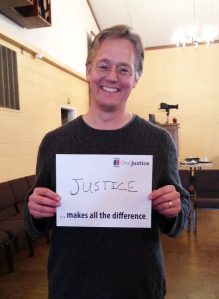
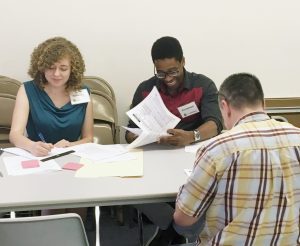
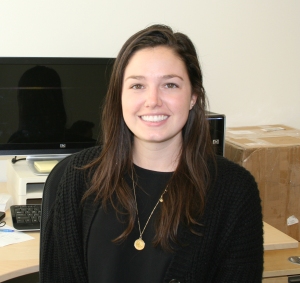 Maureen Slack is an
Maureen Slack is an 